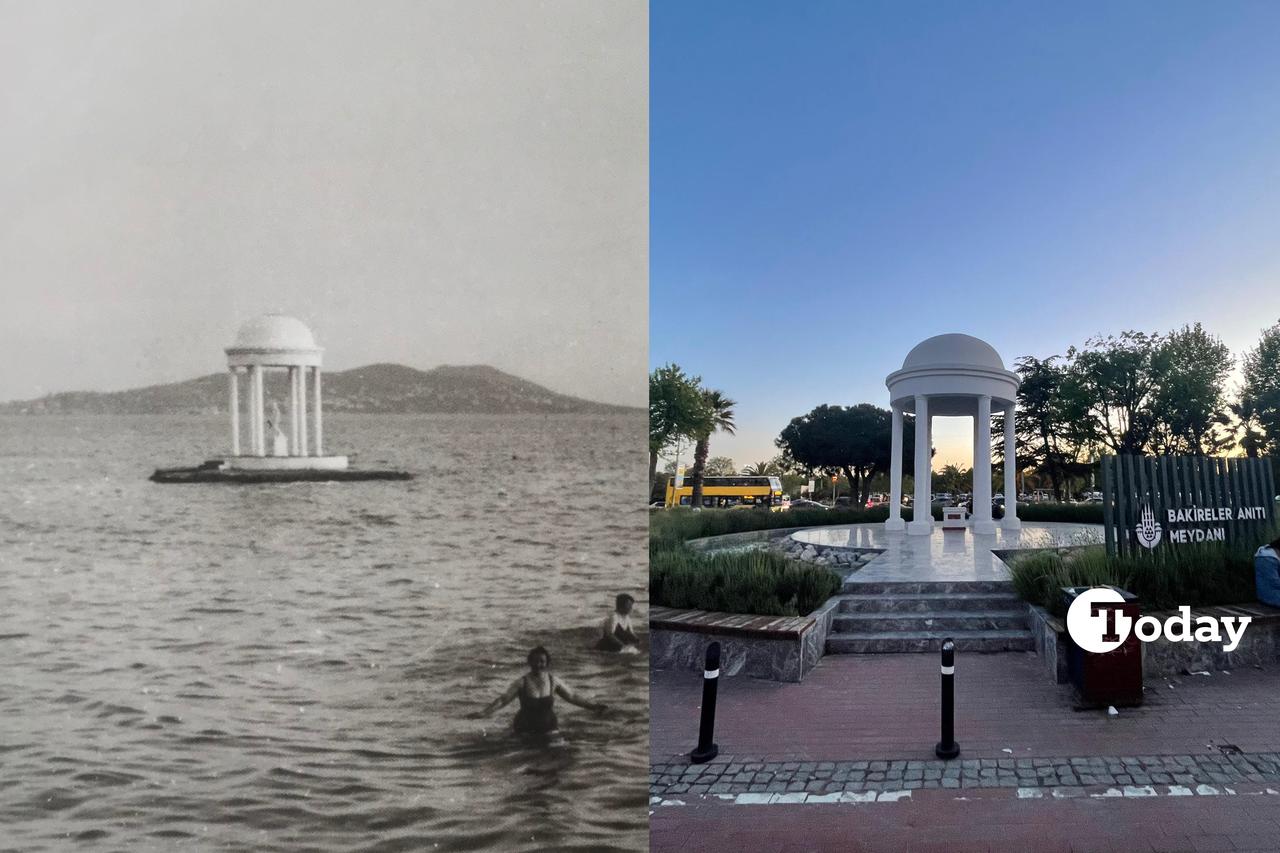
Once admired for its serene shores and elegant architecture, Istanbul’s Maltepe district was a coastal haven far from today’s concrete jungle. Among its many historical treasures lies a forgotten yet enchanting structure—the Virgins Monument. The monument-like symbol of love and legend that once stood proudly in the sea now sits on the edge of a coastal road, in front of cafes. Once partially buried under the road, the monument was moved here after restoration works.
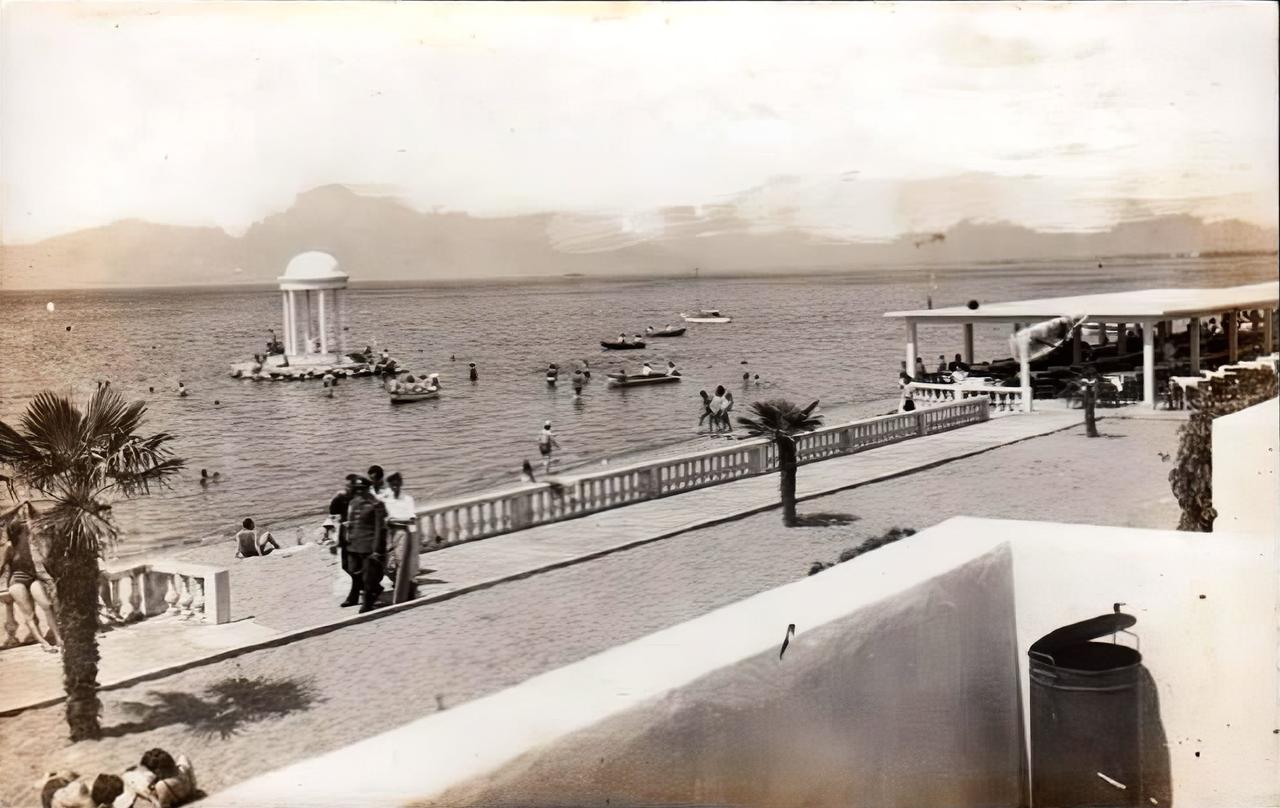
The story of the Virgins Monument begins with Sureyya Ilmen, son of Sultan Abdulhamid II's Serasker (today Chief of General Staff) Rıza Pasha and a passionate admirer of Maltepe. The most remarkable aspect of Sureyya Pasha's military life was his activities in the field of military aviation in the Ottoman Empire, he was in a way the founder of Turkish aviation.
In the 1950s, Ilmen transformed a seaside vegetable garden between Idealtepe and the Maltepe coast into what would become the beloved Sureyya Pasa Beach. This beach, with its 300-meter shoreline and warm, gentle waters, quickly became a favorite summer destination for Istanbulites.
To give the beach a unique identity, Ilmen commissioned a special monument to be built offshore—on natural rocks about 50 meters from the coastline.
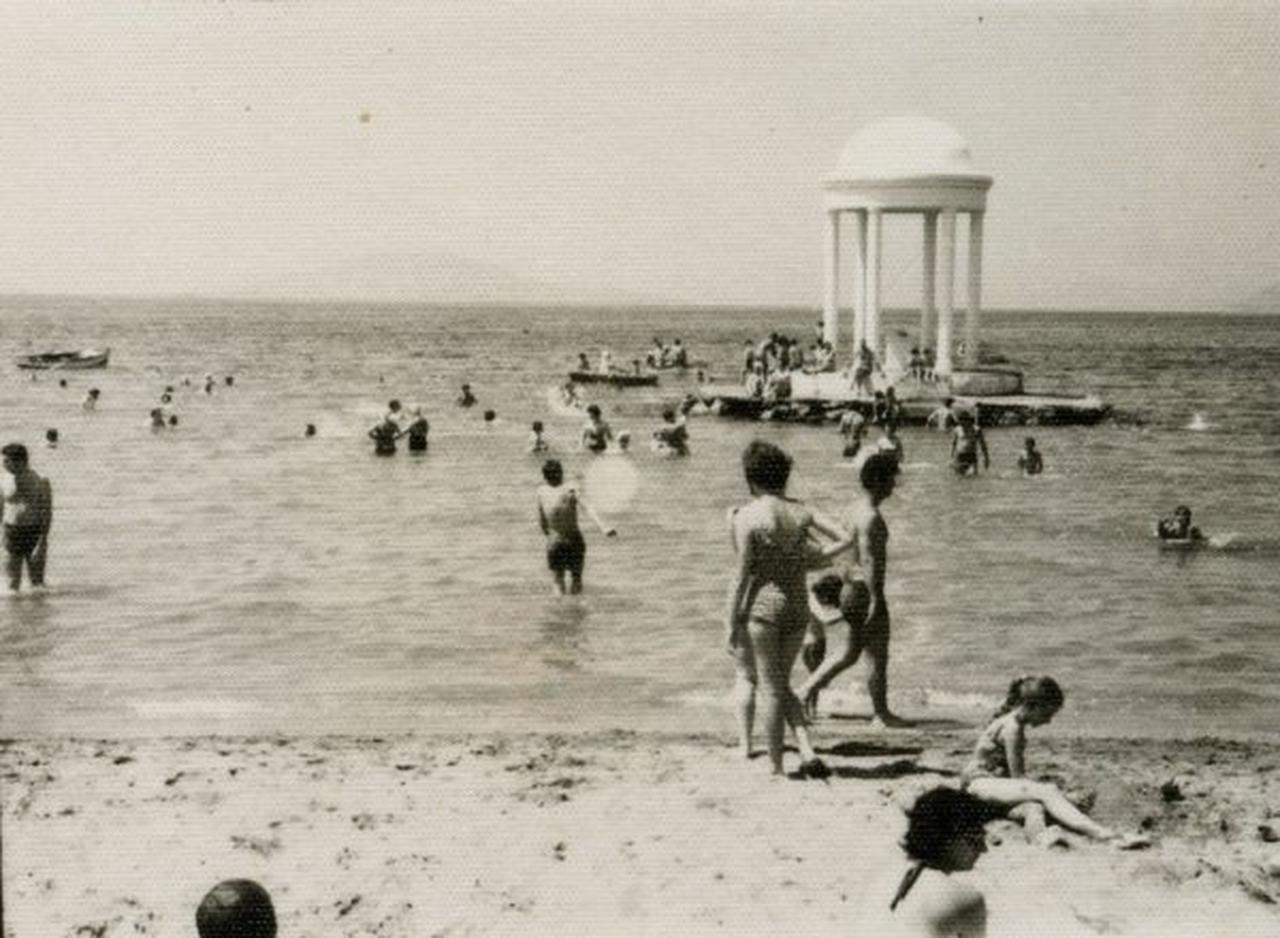
Sureyya Pasa drew inspiration from ancient Greek legends. In his memoirs, he writes:
"In Greek history, there was a Temple of the Virgins (Temple de Vierges), which young and unmarried women visited in hopes of finding a husband. We liked the concept and decided to build a sea temple of six columns and one dome over submerged rocks, as a symbol of our beach."
At its heart stood a statue of Venus—the Roman goddess of love. According to local lore, single women would swim out to the monument, circle it, and pray for a future husband.
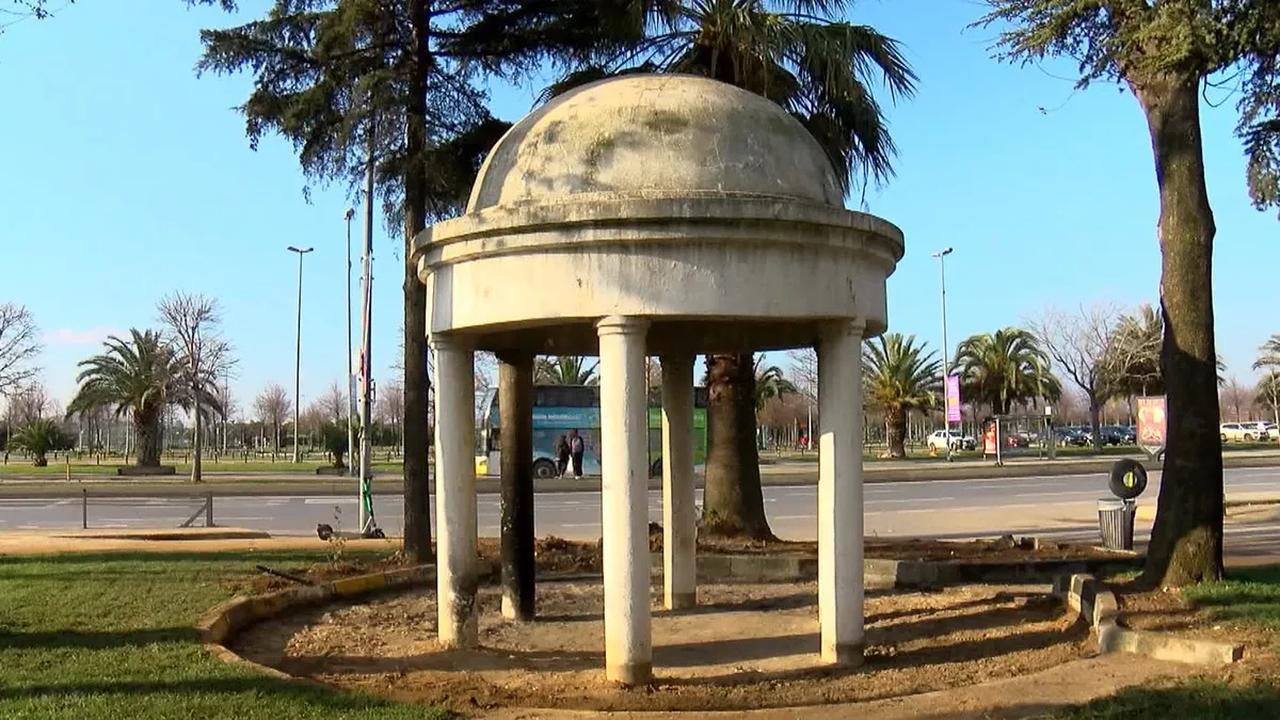
Standing 4 meters tall with six elegant columns, the monument stood as the pride of Maltepe’s shoreline. But as Istanbul’s population exploded and urban sprawl intensified, the landscape changed dramatically.
The beach was demolished, hotels were torn down, and a vast coastal road was built over reclaimed land. The Venus statue vanished beneath the landfill. The once-celebrated monument of love and legend slowly faded from public memory.
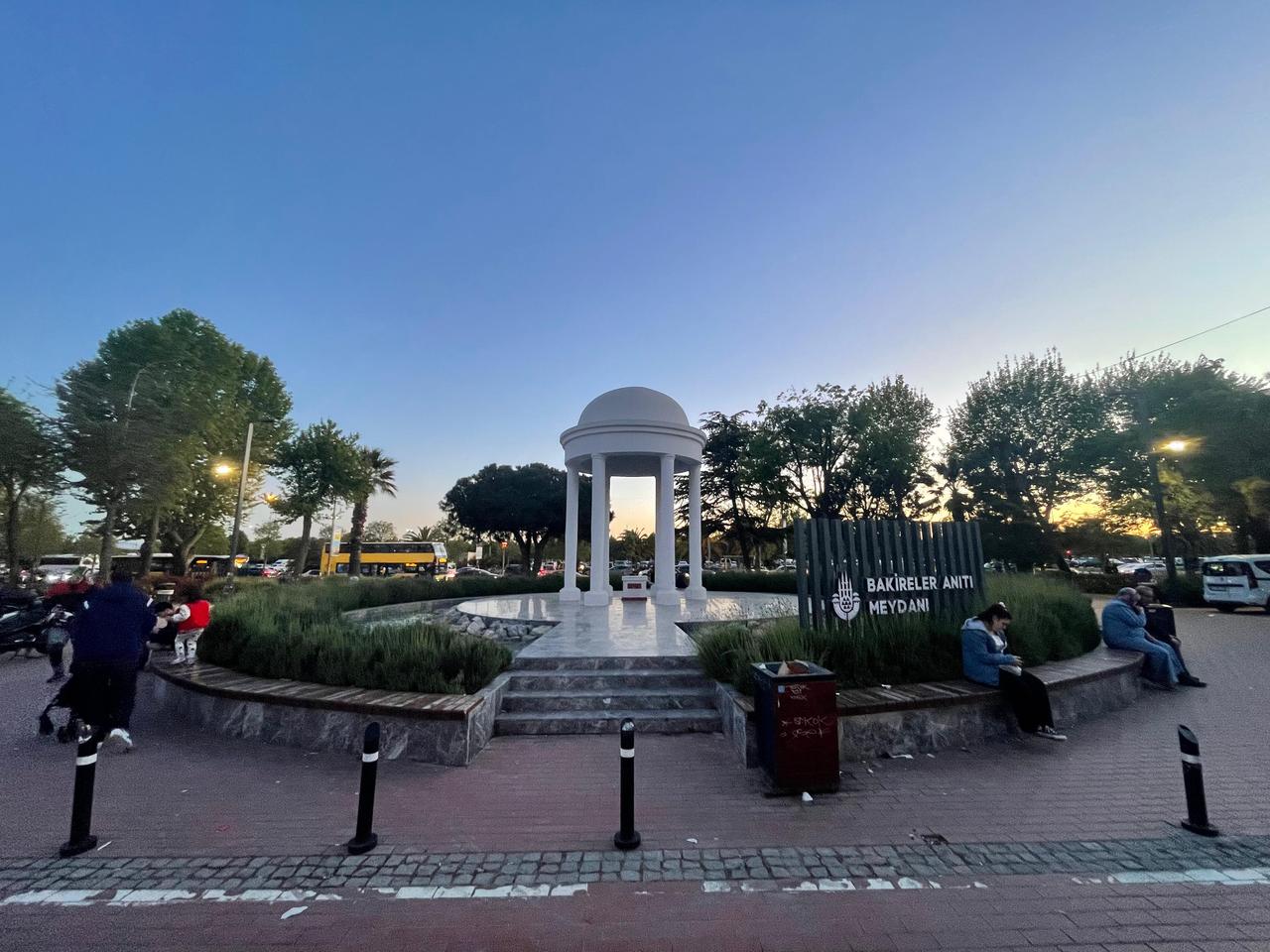
Today, thanks to projects approved by the Cultural Heritage Conservation Board, the Virgins Monument was exhumed from its burial site in the Maltepe coastal embankment. The partially submerged structure is now protected on land, if not in the sea, with detailed restitution and survey plans.
Her new home ensures that the legacy of Sureyya Ilmen's dream lives on and that future generations can once again admire this symbol of history, legend and longing.